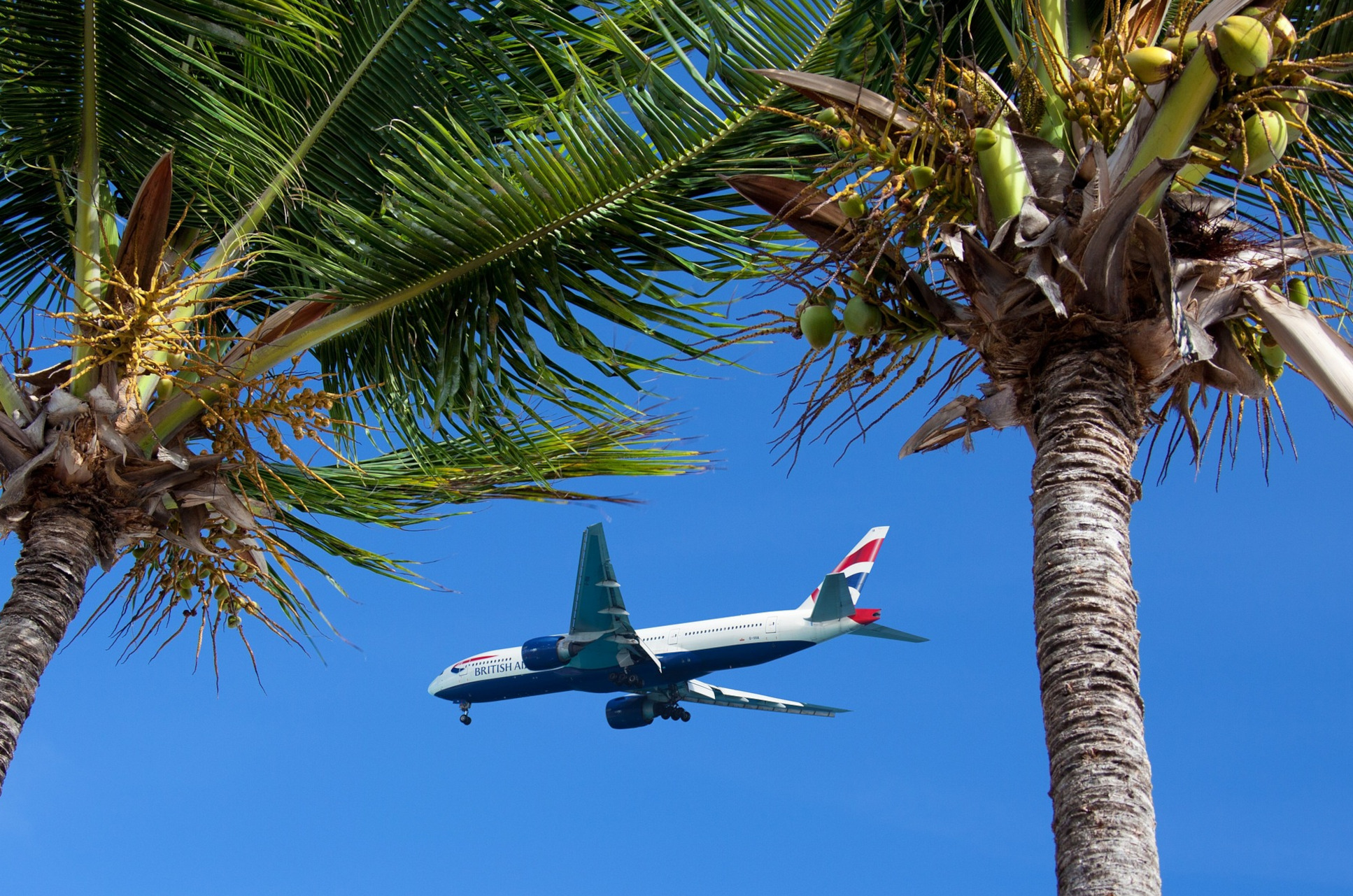Investment risks of aviation dependence in the Dutch outbound tour operating sector
In this study by CELTH, Breda University of Applied Sciences, Wageningen University and HZ University of Applied Sciences together with ANVR and Natuur & Milieu, possible financing and investment risks of outgoing tour operators are mapped. These tour operators are currently often dependent on aviation to a greater or lesser extent. It is unclear whether the consequences of climate policy and climate change have an impact on the attractiveness of their assets for investors and financiers.
Cause
Climate and environmental policy – particularly in EU countries such as the Netherlands – will have a greater influence on aviation capacity and may limit growth. In addition, climate change is having an increasingly negative impact on popular summer and winter destinations for tour operators, such as the Mediterranean and the European Alps. It is currently unclear what the consequences will be for tour operators' assets in terms of finance ability and attractiveness to investors.
Goal
This project, therefore, aims to address this knowledge gap about the risks that largely aviation-dependent tour operators run in attracting investors and financiers. The research focuses on the following research questions:
- What does the current portfolio of Dutch outbound travel providers consist of?
- a. To what extent are Dutch outbound tour operators dependent on aviation in terms of product range and turnover?
- b. What is the relative share, of aviation-based products, in the total product range and turnover of Dutch tour operators?
- What are the investment risks of this portfolio of companies as indicated by investors?
- a. How do investors assess investment risks related to climate change?
- b. What are the investment risks of the business portfolio of Dutch tour operators?
- c. What are the reflections on and implications of these investment risks from the perspective of policymakers and tour operators?
In addition to insight into the product portfolio and investment risks, the research provides several concrete tools in the form of a financing & investment risk benchmark and a climatic investment risk barometer.
Relationship with other studies/ABB
The research solves one of the priority issues from CELTH's Sustainable Research Agenda for Leisure, Tourism and Hospitality. This concerns project 12: business models and products for sustainable consumption. Within CELTH's Conscious Destinations Agenda, it falls within the themes of the living environment, organisational capacity, smartness, and leisure offer.
Approach
The research is divided into five parts. The first phase consists of a study of the Dutch outgoing tour operator market on aspects such as business model, portfolio, airline dependency and footprint. Phase two includes both a literature review of climate change-related investment risks and interviews with investors relevant to the Dutch market. A benchmark for climate change risks is compiled based on the literature study and the results of the interviews. In phase three, a barometer of the climate investment risk is made. In phase four, the results are discussed in various workshops with both tour operators and policy actors and the participants are presented with different policy scenarios that aim to make the participants think about the consequences of these policy scenarios and climate risks for their organisations and domains. In phase five, all results and conclusions are summarised in a final report.
Partners
- Centre of Expertise Leisure, Tourism & Hospitality
- Breda University of Applied Sciences
- Wageningen Universiteit & Research
- HZ University of Applied Sciences
Projectteam
- Harald Buijtendijk (BUas)
- Cheryl van Adrichem (WUR)
- Ageeth van Maldegem (HZ)
- Frank Peeters (HZ)
Planning
May 2023 – October 2023
Status
Completed
Results
The report 'Climate risks for Dutch tour operators' is available for download.
Climate risks for Dutch touroperators
Focus on Core Web Vitals and user-centric performance metrics for better search rankings and user experience.
Download


